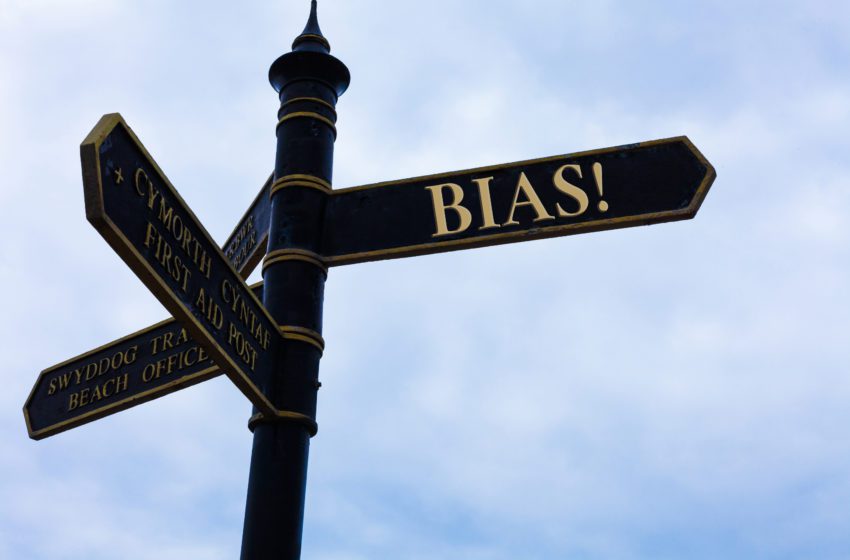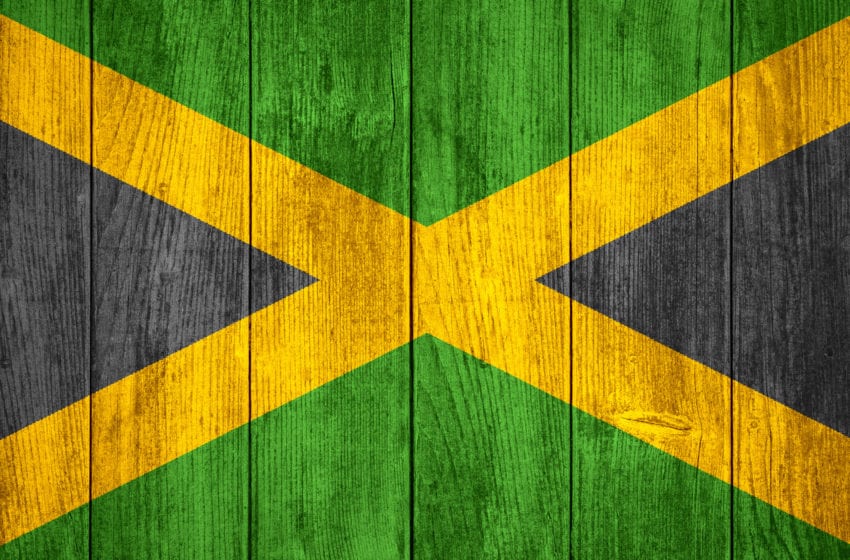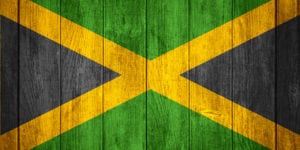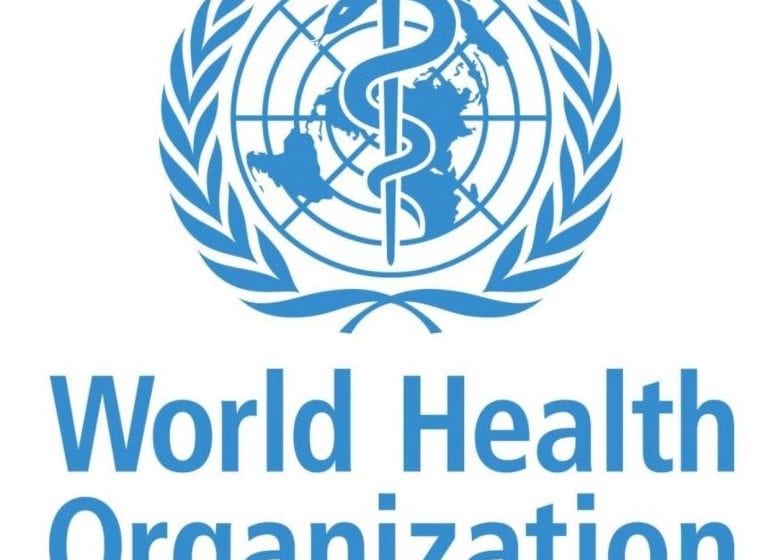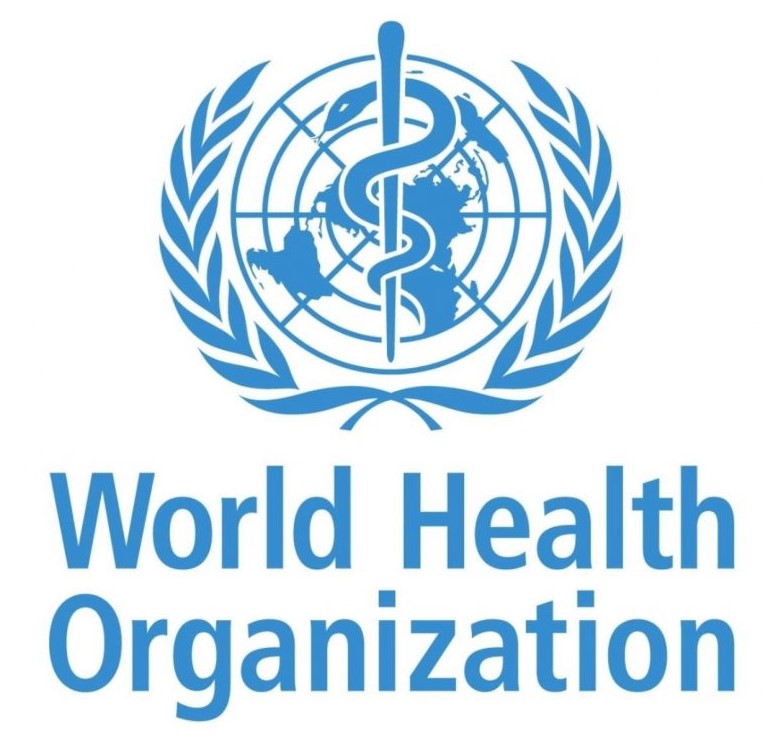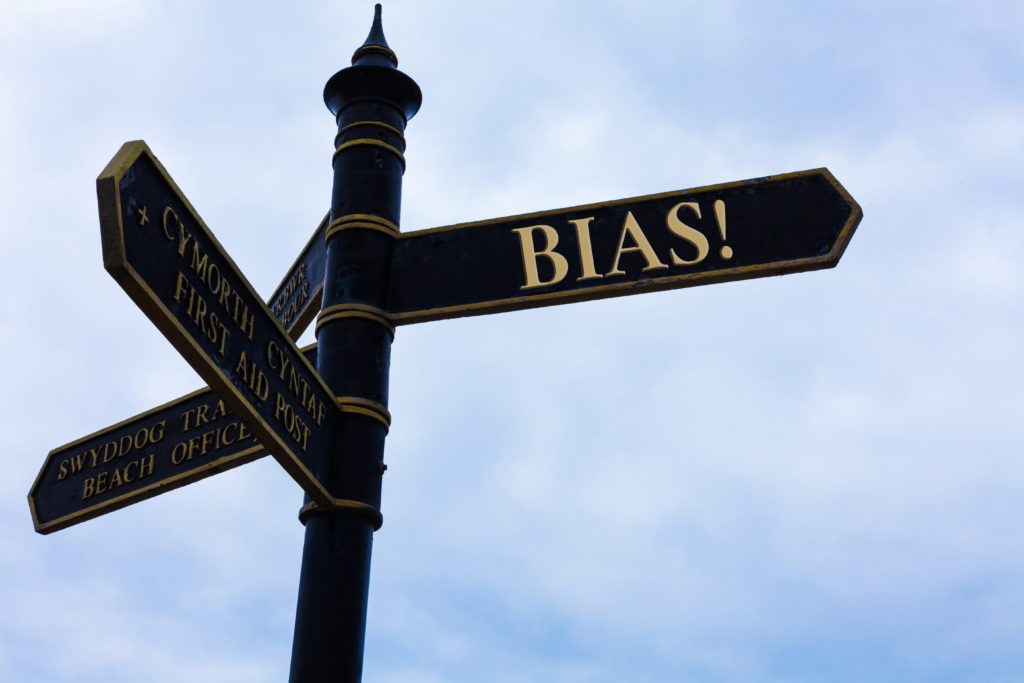
In a new blog post, tobacco control advocate Clive Bates says that the World Health Organization’s tobacco control treaty meetings are “closed bubbles of cultivated groupthink.” Bates compares the United Nation’s climate change treaty with its tobacco control treaty , claiming the two groups use science and logic in completely different ways.
“At the start of COP9, the head of the [Framework Convention on Tobacco Control] FCTC convention secretariat proudly drew a comparison with the other COP, the one going on in Glasgow dealing with the UN Framework Convention on Climate Change (UNFCC),” Bates writes. “Perhaps she hoping some of the interest in UNFCCC COP-26 would rub off on the altogether more tawdry FCTC COP-9. But the tobacco COP takes an aggressive exclusionary and insular approach to stakeholders that would never be tolerated in the climate COP.”

There is a sharp contrast between the climate COP meetings and tobacco COP meetings, according to Bates. The FCTC tobacco COP has “highly restrictive and opaque practices” that ensure that it operates as an “echo chamber populated by compliant observers.” He says that the COP9 chooses so-called “civil society” organizations according to their willingness to support the FCTC and contribute to its implementation.
“It excludes many legitimate perspectives: notably consumers, pro-harm reduction public health experts, policy think tanks and critical economists, libertarians, and commercial entities affected by decisions made by COP,” he says. “For this COP, the FCTC process will be used to exclude several organizations and bolster the groupthink bubble … This insularity is not a feature of the UNFCCC climate COP meetings. A comparison with the UN Framework Convention on Climate Change is revealing.”
In the FCTC, any non-governmental organization (NGO) can be refused observer status at the request of a single party. NGOs are required to be international and committed to tobacco control, ruling out most consumer organizations who see themselves as victims of tobacco control. NGO observers are required to file reports on their activity with the Secretariat for approval.
“The Secretariat then makes recommendations about who should be granted observer status, retained as observers, or expelled,” he says. “The ‘civil society’ organizations chosen are mainly grant-funded tobacco control organizations, often with bizarre views about public health that bear little relationship to the norms in the countries they come from or anything like good practice in policy and science.”

